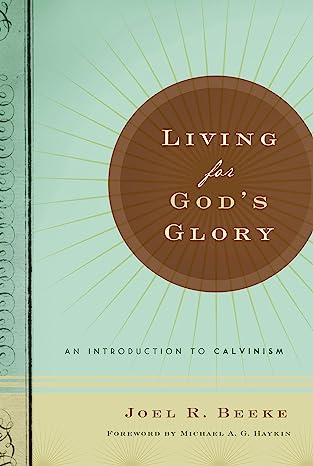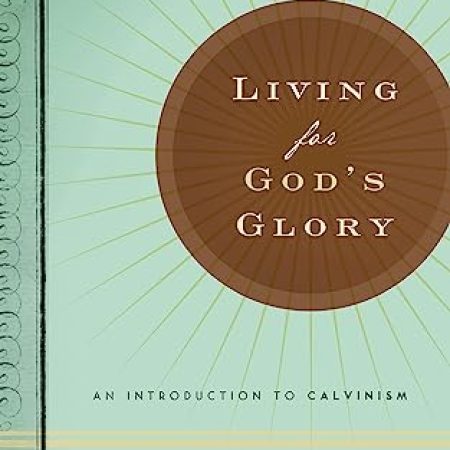
The publishers describe this volume as “An introduction to Calvinism” and it certainly is that; but it is so much more. Where else would you find in one book an historical, theological and practical overview of the tenets of the reformed faith including how it viewed atitudes as an employee or how to enjoy sexual relations within marriage? It’s all here, in what is a one volume compendium of the reformed faith.
Aided by six guest contributors, Joel Beeke studies all aspects of what has become known as Calvinism or Puritanism, and shows how wide and deep its influence has been and how far removed it is, in reality, from so many of the harsh and cruel caricatures that abound.
Section 1 looks at Calvinism in History detailing the rise of reformed thinking and the cultural and religious context in which it was birthed. There is a helpful summary of the distinctions between Calvinsim and Lutheranism and an introduction to and summary of the great reformed confessions and catechisms.
Section 2 brings us Calvinism in the Mind and expounds the components of the famous TULIP acronym (though, of course, that came many years afterwards) and the five solas of the Reformation. Here also is what was for me the toughest chapter of the book, Philosophical Calvinism, and I have to confess I didn’t make it to the end of that one!
Section 3, Calvinism in the Heart, addresses sanctification and piety, with examples of very practical approaches that the Puritans took as they aspired after a greater degree of Christ-conformity in their lives and congregations.
In Section 4, Beeke and three of his co-authors examine Calvinism in the Church – the worship, preaching and evangelism that impacted not only Europe but spread much wider afield. The main hallmark was that of being utterly Bible centred and preached by men with a passion for personal holiness and the glory of God. This, I have to say, was the section that did my heart most good and to which I will return again as a student of all things related to preaching.
Section 5, Calvinism in Practice, was the most eye-opening and informative. Calvinism brought a biblical corrective to the medieval dualism that had so pervaded much of western thinking and this is more than ably demonstrated as the practical outworking of a biblical theology is shown to impact every area of life – home, family, marriage, politics, ethics and the work place.
Section 6 is a one chapter finale to the book, Calvinism’s Goal. Sinclair Ferguson writes on Doxological Calvinism and shows how, thoroughly embraced, Calvinism leads to a life that is lived in the enjoyment of the grace of God and as an expression of worship and praise to God.
Each chapter has a few discussion questions and an extensive list of references and further reading resources.
Tragically, Calvinism and Puritanism are words that have strongly negative connotations, even among Christians; many Calvinists are almost embarrassed to be known as such. Yet genuine Calvinism is nothing less than a thoroughly biblical view of God, mankind and the world, and Beeke is surely one of its most able exponents. This book should go a long way to answer the questions of the serious enquirer after Calvinism and will provide rich pickings even for committed Calvinists like myself. Highly recommended.
For the purpose of review, I received a complimentary copy of the book from the Publishers. I was under no obligation to write a positive review.
Reformation Trust; First Edition (31 Dec. 2008) Review written in 2012
